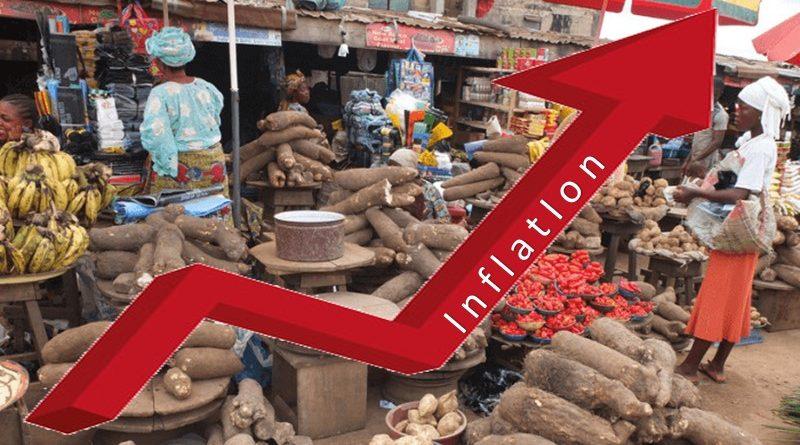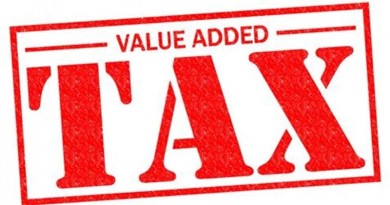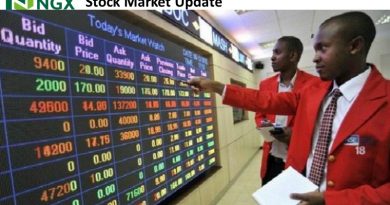Inflation rose to 29.90% in the month of January 2024
In the recent Consumer Price Index (CPI) and Inflation report, the National Bureau of Statistics (NBS) disclosed that Nigeria’s inflation rate surged to 29.90 percent in January 2024, marking a 0.98 percentage points increase from the 28.92 percent recorded in December 2023. Year-on-year, this signifies an 8.08 percentage points rise from 21.82 percent in January 2023. Food inflation also rose to 35.41 percent from 33.93 percent in December 2023 and 24.32 percent in January 2023.
The persistent upward trajectory of Nigeria’s inflation rate is attributed to various factors such as the expansion of money supply, elevated prices of specific food items due to challenges in the food supply chain, insecurity, escalating transportation expenses, and low agricultural output. The situation is further compounded by the devaluation of the naira, which has led to increased costs of imported goods, heightened production expenses, and diminished consumer purchasing power.
Without prompt measures to address inflation and its driving factor – the depreciating exchange rate, the IMF warns that Nigeria’s inflation rate could soar to 44 percent. Urgent actions are required to alleviate inflationary pressures stemming from the volatile exchange rate and to promote local manufacturing in order to mitigate the high import costs. In the interim, the decision by the Central Bank of Nigeria (CBN) to raise the Monetary Policy Rate (MPR) by 400 basis points to 22.75 percent is a positive step to combat inflation resulting from excess liquidity.
Inflation persists to 29.90% in January 2024 However, a substantial increase in the MPR could elevate borrowing costs for both the government and the private sector, potentially impeding investment. Therefore, close collaboration between the CBN and fiscal authorities is essential to prevent conflicts between monetary and fiscal policies.




